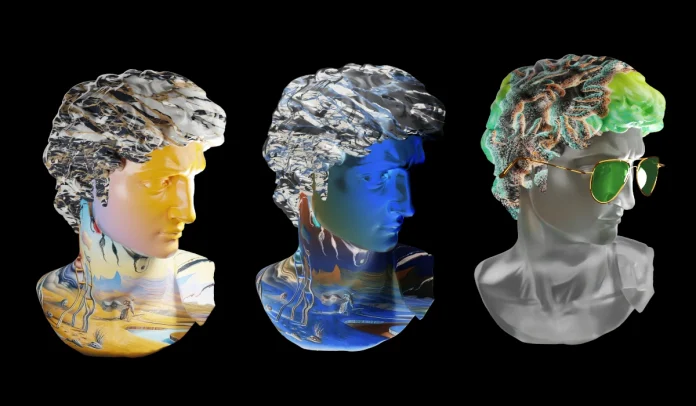In Sydney donors associated with a leading art gallery have expressed anger over the gallery placing an event on its schedule with Hoor Al-Qasimi. She is director of a major biennale and a known advocate for Palestine. The event is slated to occur one day after the anniversary of a deadly event in Israel Gaza which many see as deeply symbolic.
Jewish donors have criticized the decision calling it insensitive and divisive especially given recent tensions. Gallery executives and curators have tried to defend the event saying it is meant to be inclusive and to host dialogue rather than controversy. But many see the scheduling as tone deaf and believe it shows lack of awareness about how art institutions interact with politics and communities.
Staff inside the gallery have also raised concerns about how events reflect institutional allegiances and whether curatorial independence is being undermined by political pressures from donors and public opinion. Some have said that the gallery’s senior leadership holds pro-Palestinian views which compounds the donors’ unease. Other community members are worried about alienation and whether the gallery can remain a space that respects both artistic freedom and community sensitivity.
Art institutions often occupy ambiguous territory between art as expression and art as political statement. In this case the controversy speaks to larger issues about how museums choose their guests and whose voices are amplified and when. It also brings forward questions of how history trauma and current conflict intersect in art spaces and how audiences respond.
The outcome remains uncertain because some donors are threatening to withdraw support while others have called for public statements or apologies. The gallery has responded that it will proceed with the event but with additional programming intended to ensure multiple perspectives are heard.



